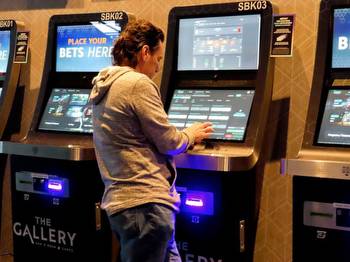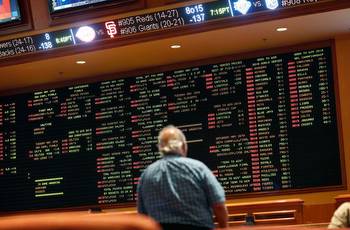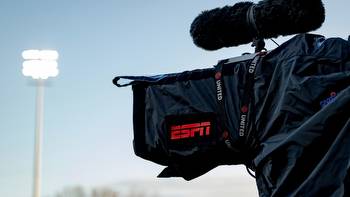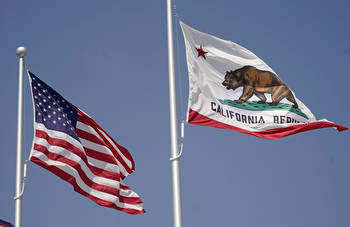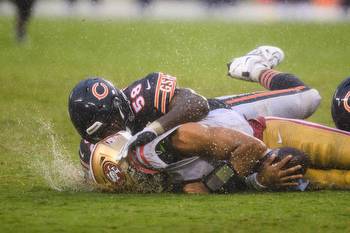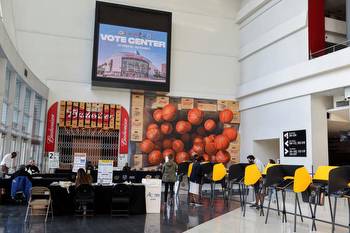California could vote again on legalizing sports betting
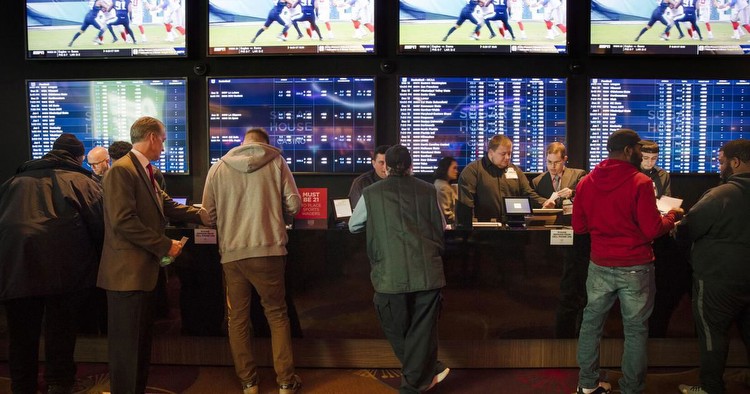
Californians may get another chance next year to legalize sports betting.
A year after state voters — including plenty of San Franciscans — overwhelmingly rejected a pair of highly contentious sports gambling measures, another effort has emerged to make California the 37th state in the country to legalize wagering on games.
A newly formed coalition — which includes at least one Native American tribe — on Friday proposed two new initiatives with the state which would each legalize sports gambling across California.
One measure would allow the governor to negotiate contract with Native American tribes allowing them to open in-person and online sports betting outfits. The second would go further, barring any entity that’s not a federally recognized Native American tribe from offering sports betting.
The initiatives were filed by Ryan Tyler Walz, part of the Eagle 1 Acquisition Company, a group founded to bring sports betting back to California tribes, according to the PlayUSA, a sports gambling news site.
Reeve Collins — CEO of Pala Interactive, an online gaming platform created by the Pala Band of Mission Indians — is also listed on the filings. It’s unclear who else or if any other tribes are also involved in the proposals.
In a letter to the state’s Native American tribes obtained by PlayUSA, Pala Interactive co-founder Kasey Thompson wrote that Eagle 1 has met with a “number of California tribes” and hopes to meet more in the next 30 days.
Last year, California voters emphatically defeated two sports gambling props, which failed despite each raising hundreds of millions of dollars in campaign funds.
Eighty-two percent of California voters rejected Prop 27, which would have permitted online sports betting statewide, while 67% voted against Prop 26, which legalized sports betting only at Native American tribal casinos and the state’s four horse tracks.
In San Francisco, 82% voted against Prop 27, while 61% voted down Prop 26.
The California Nations Indian Gaming Association, which represents 52 federally recognized tribal governments, said they were “deeply disappointed” by the two just-introduced ballot proposals, claiming the sponsors never consulted them for input before drafting their proposals.
“Decisions driving the future of tribal governments should be made by tribal governments,” CNIGA officials said in a release. “While the sponsors of these initiatives may believe they know what is best for tribes, we encourage them to engage with Indian Country and ask, rather than dictate.”
The Examiner reached out to the bill’s sponsors for comment but didn’t hear back prior to publication.
The initiative now needs to garner 874,641 signatures — equal to 8% of votes cast in the last gubernatorial election — to be placed on next year’s November ballot.


